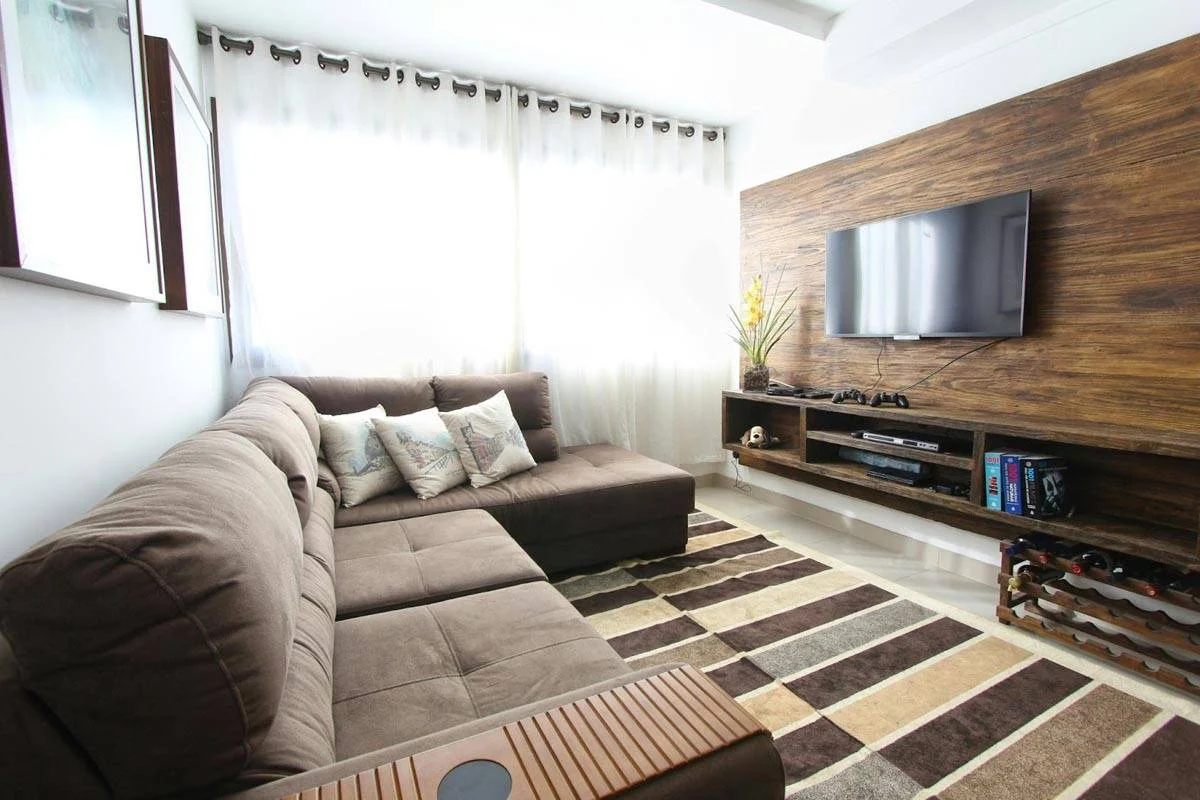Renting out a condo unit may look easy-peasy, but the truth is that it requires real hard work. After all, you deal with real property and real people, and if you don’t put in skills, time, effort, and heart, you are in for a real headache.
Turning your DMCI condo into an investment opportunity is a fairly common strategy to earn passive income. The superior location and world-class amenities of DMCI communities make them a favorite among renters. But just because many people are doing it does not mean it is easy. Just like running a business, leasing a condo could be stressful, and the truth is not everyone is fit to be a landlord.
Say goodbye to those landlord problems with these leasing hacks that will help even newbies to get started and stay at the top of their game.
Keep the bad apples out
When you find the right tenant, half of your worries are done. How do you make sure you get the right tenant? There’s certainly no assurance, but a strict screening process will help.
Perform due diligence and background checks. You owe your business that much. Look for landlord references and make sure they have no record of eviction or non-payment. It is also important to require prospective tenants some proof of good financial standing. The rent should only be one-third of their monthly income.
One of the challenges of renting in the Philippines is that landlords often don’t require anything from their tenants, and this could potentially become a problem later on. The practice is that whoever pays the deposit first gets the unit. It’s not a race, and when you rent out a condo, you have to give yourself some leeway because finding a tenant should not be rushed.
Think twice about renting to family or friends
If your friends or family members know about your leasing business, expect that some of them will give you call to inquire whether they or some referral can rent your unit. It’s hard to say “no,” right? But if you care about your business and your relationships, it is advisable for you to just tell them there is no unit available or it’s just been occupied. It’s not that you don’t trust them, it’s just that there’s too much to lose. Matters about rent, late payments, rules, among others can easily turn into awkward conversations. How do you even evict them? Do you evict them in your life, too?
Everything in black and white
For both the landlord’s and tenant’s protection, put everything in black and white. This is a golden rule in how to lease a condo. Prepare a contract and go over the details one by one. Compromise on things if you must. The rental fee, payment date and terms, agreement on homeowner’s dues, rules on pets and house parties, agreement on repairs, home improvements, and so on must be clearly stated in the contract. If one day you will have disagreements, both parties can turn to the contract.
Implement “office hours”
The business of renting a condo is a 24-hour job, so they say. But should it be that way? This really depends on you. It’s great that you make it a point to attend to your tenants, but there will be times when you can’t.
Newbies in leasing, or even old-timers, need to understand that tenants will always have issues and problems and that emergencies can happen at any time. If a pipe leaks at 2 AM, what are you going to do about it? This is why it is important to manage expectations. Sure, there are issues and rights of tenants that needs to be solved, but setting “office hours” like 9 AM to 6 PM so that tenants would not assume they can call you for the pettiest reasons. Of course, some emergencies warrant an exemption, but in general, be strict with personal time so that tenants will respect it too.
Take before-and-after photos
Before a tenant officially moves in, take photos of the property. Take close-ups if necessary. This is to document the condition of the unit. Let the tenant check the unit closely, and put it in black and white. When the tenant decides to vacate the unit, take photos again and compare them to the “before” photos. That way, you don’t have to argue who is responsible for a crack on the wall or for a missing cabinet door.
Have a quick response team
Even if you can fix a busted pipe, you don’t have to do it. Again, you need to practice a professional way of handling your leasing business. Anticipate tenant problems and emergencies, and have a list of people or companies that you can contact to attend to them. Establish your own emergency team consisting of a technician, electrician, plumber, etc. Enlist help and make your life, and your tenant’s, easier.
Organize like a boss
No, you can’t just throw those contracts anywhere. There’s a lot of value in organization if you are running a business. You don’t need to have a huge office to do this, a few drawers or filing cabinets will do. Keep contracts, tax receipts, receipts for repairs, profiles of tenants, and all other important documents in an organized file. It is also best if you can scan them and make e-copies and back-ups. This won’t only be useful in filing taxes, but particularly helpful when you need to sort things out with your tenant.
Be nice, but not too much
Landlords can be too nice, especially when they are still in the process of doing house tours with prospective tenants. But if you overdo it, you could be starting landlord problems without even knowing it. It is certainly not okay to be rude, but you can’t also be too nice. There are rules and there are contracts, and you need to implement these strictly. Business, as they say, is business.
Put in some personal touch
Having said that, it does not mean you shouldn’t strive for a good landlord-tenant relationship, and one way of improving it is to put in some personal touch. Greet your tenants on their birthday, send them a bottle of wine on their moving day, check on them every now and then, and make sure to get to know them. These simple gestures will surely go a long way.
Respect your tenants
You don’t have to like your tenants (although it is better if you do), but you have to respect them. Treat them fairly and treat them as equals. They are your customers, and they make your business thrive. The fact that you own the property doesn’t give you the license to be rude, or act like you are better than them. Respect them and you will be respected in return.
The business of leasing isn’t easy, but it can be very rewarding if you do it right. As a landlord, never stop learning and brush up on your management skills. Strive for a healthy landlord-tenant relationship because leasing is a people-oriented venture, and you can’t have it any other way.










